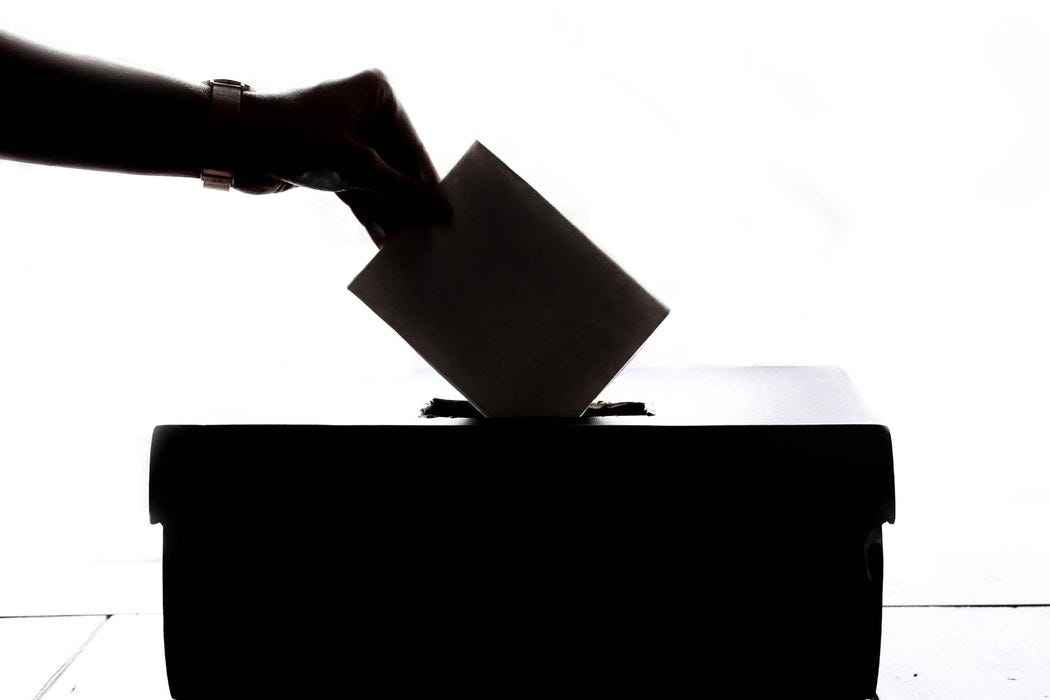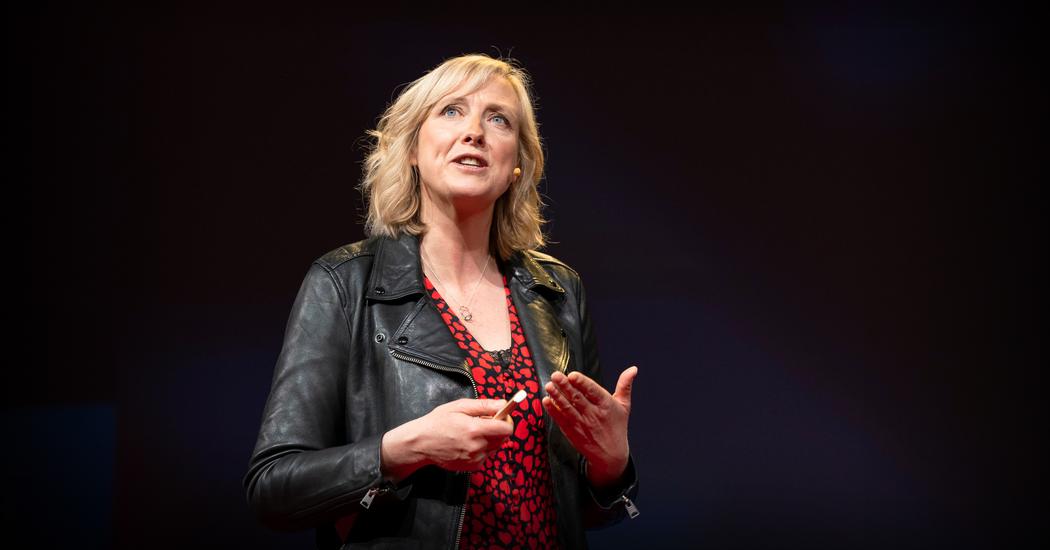10 million micro-targeted views of misinformation. How much damage can one monopoly do before we use our antitrust laws? We're going to see this same story over and over until we do. Facebook is so handy for swaying voters for people in charge of using antitrust laws that I'm not sure we'll see it without public pressure.
democracy
"Call it the Interregnum: the interval from Election Day to the next president’s swearing-in. It is a temporal no-man’s-land between the presidency of Donald Trump and an uncertain successor—a second term for Trump or a first for Biden. The transfer of power we usually take for granted has several intermediate steps, and they are fragile."Oh nothing, just doing some light reading about America's pending existential crisis. We've seen so many unlikely events around the minority party ruling after elections in this country that I think we should take the current minority vote-getting President's frequent threats to democracy seriously.
"There are 44 states that don't require any reason to vote by mail or allow concerns about COVID-19 as a valid reason. All 44 states provide alternatives to the USPS to return your mail-in ballot."You might want to know how to return a ballot without using the postal service. Just in case it’s needed.
“Some stories demand collaboration, and this one is a plain example. The nation’s newsrooms — working together and, crucially, with the help of the public in communities around the nation — could find out and explain what is going on, at the macro and micro level,” he said.Dan Gillmor on how the media should work to ensure the postal service story is told.
"Twenty-three postal executives were reassigned or displaced, the new organizational chart shows. Analysts say the structure centralizes power around DeJoy, a former logistics executive and major ally of President Trump, and de-emphasizes decades’ worth of institutional postal knowledge."Oh good, Democrats have requested an audit to get to the bottom of this. That should be swift and effective. *headdesk*
"Given these possibilities and Trump’s well-known opposition to voting by mail, logic might suggest that he would attempt to strengthen the USPS to alleviate those concerns. Instead, he’s weakening it and then using that weakness as a reason to argue against mail-in voting."Congress needs to step in quickly here to make sure the right to vote is safe and available during a pandemic.
"But at the highest levels of most news organizations and the big social media platforms, executives and insiders told me that it simply hasn’t sunk in how different this year is going to be — and how to prepare audiences for it."TV and social media executives are experts at engagement, not democracy. They thrive on conflict and chaos, not on functioning government processes. They have no business incentive to educate their audiences. We have to require it through regulation.
"The election is in 160 days. That's usually not enough time to pass new laws, let alone build new voting infrastructure, and it’s certainly not enough time to test any of these systems before they are implemented. And most state legislatures are now working remotely, slowing them down even more."Throw another log on the anxiety fire.
So this is happening in my state.
"According to the most current available estimates from the Census Bureau, for 2014 through 2019, the 11 Republicans who walked out represent just 36% of Oregon’s population."The current rules do not account for a rogue party that does not believe in the rule of law.

Dave Pell asks us to vote against hate. Bonus link: Vote for Democrats Everywhere by Brent Simmons. Bonus link 2: Your vote determines the future of others by Sarah Kendzior. Bonus link 3: Why I, a young person, probably won’t vote by Alexandra Petri. Bonus link 4: Nancy. Voters get ice cream.
With elections on our minds (vote Tuesday!) here's Ed Felton describing a new voting system called E2E-V. I'm not sure I get the nuances of the coin-flip challenge voters but it sounds like a much better system than our current black-box, insecure, privately owned machines. And of course my favorite system is Oregon's statewide mail-in system. I'm sure it's not as secure as end-to-end verifiable cryptography but I think the convenience and ease of understanding how it works means more people participate.
